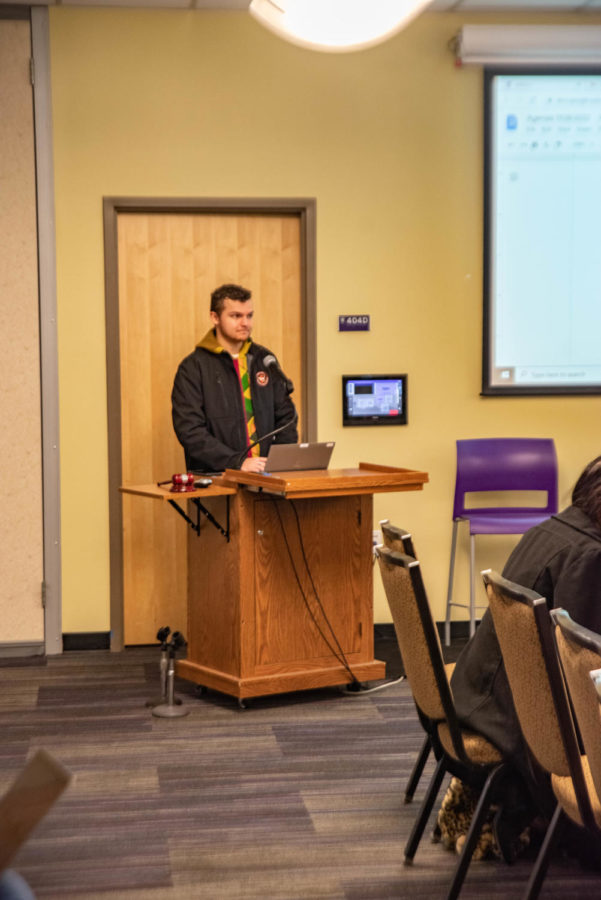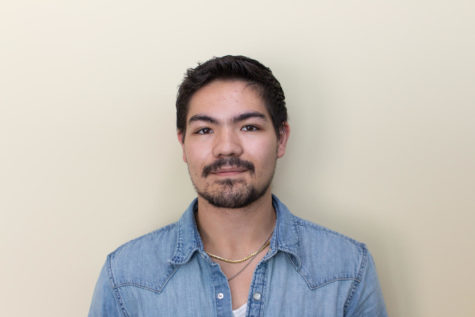Funds for the future: WSU’s student senate talks budget
The Weber State University student senate meeting on Jan. 23 was focused on the amount of funding money that was charitably donated by the student senate through funding requests that were passed during the session.
Prior to the meeting, the balance of the budget for the rest of the academic year was around $10,000. During the meeting, the student senate passed a total of three funding requests during the day’s session that totaled $7,700.
The first funding request on the docket was one to help fund the alternative breaks program. Run through WSU’s Center for Community Engaged Learning, the program gives students the opportunity to spend spring break traveling abroad and participating in volunteer opportunities that are working towards making positive impacts on current social issues such as public health or homelessness.
“A lot of people have served me, and I want to pay it forward,” Ruby Vejar, director of the alternative breaks program, said.
During the meeting, Vejar shared how CCEL and participating in alternative spring break trips have significantly improved both her experience on campus and her career prospects.
Housing and residence life senator Isaac Staszkow also pointed out how much funding Vejar and her team have acquired from sources other than the student senate, announcing that the amount collected from external sources was around $10,000.
The $5,000 funding request was unanimously passed after agreement amongst the senators on how the opportunities that alternative breaks give students makes the hefty price tag well worth it.
The next funding request was presented on behalf of the Walker Institute and its interns. They requested $200 that would help pay for snacks for the interns. On account of the funding request’s cause and the low amount of funds requested, the funding request was unanimously passed.
The last funding request was WSU’s Future Healthcare Professionals chapter’s request for assistance in funding the group’s trip to Dallas for 2023’s HOSA International Leadership Conference.
HOSA’s funding request to help send students to this year’s HOSA ILC in Dallas was initially presented in a senate meeting last October, where it was tabled indefinitely while HOSA sought funding from additional external donors.
After establishing that HOSA has done all that it could within reason to obtain funding from donors other than the student senate, their $2,500 request was approved.
The senate also voted on a resolution to eliminate or significantly change WSU’s late fee policy.
Brexton Olesky-Lee, chair of WSU’s Young Democratic Socialists of America chapter, had expressed during the meeting how the passing of this resolution would indicate the senate’s solidarity with and compassion for students who have struggled personally and financially due to circumstances brought on them as a result of WSU’s late fee policy.
Olesky-Lee and WSU’s YDSA chapter announced they have collected over 300 signatures in agreement with the initiative, and around 90 student testimonials detailing how students have been negatively affected by late fees, which carry a 12% compounding interest.
The bill was passed in hopes of solidifying the senate’s commitment to the initiative presented by Olesky-Lee and WSU YDSA.
Senate meetings are held every Monday in the Shepherd Union with the next meeting on Jan. 30.









